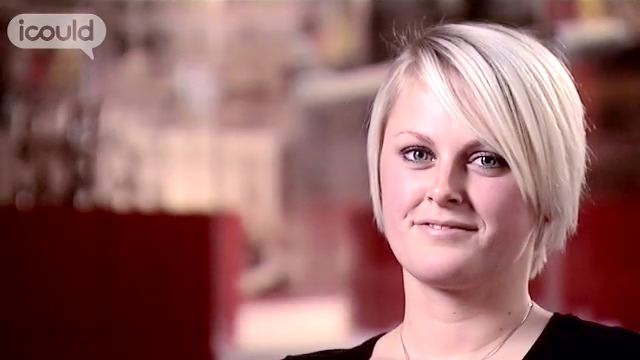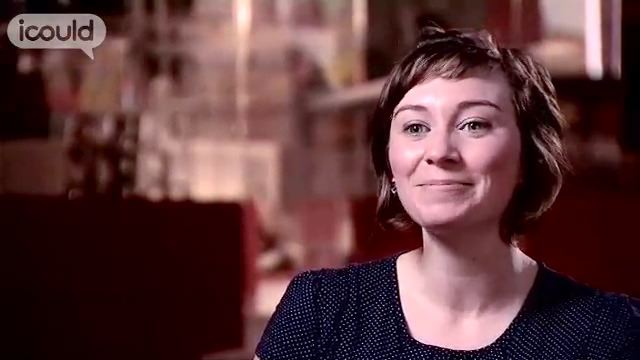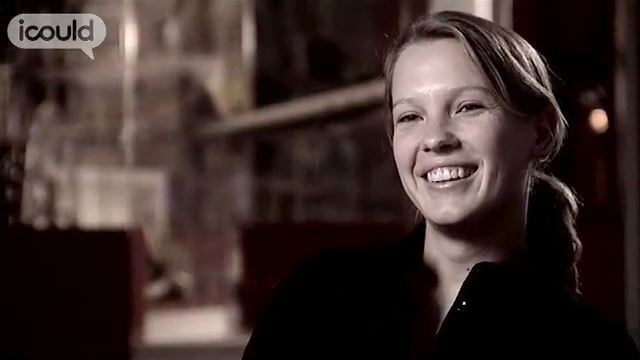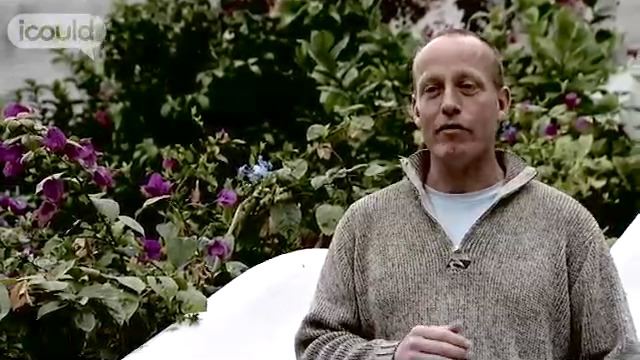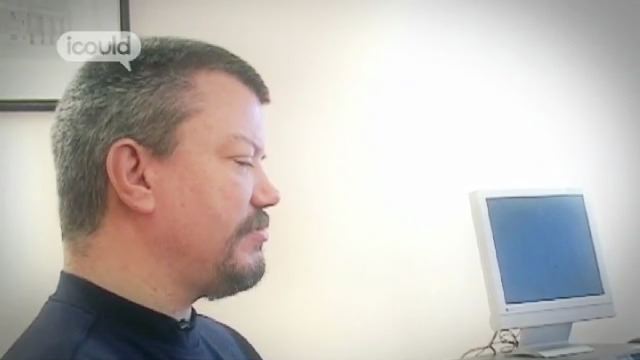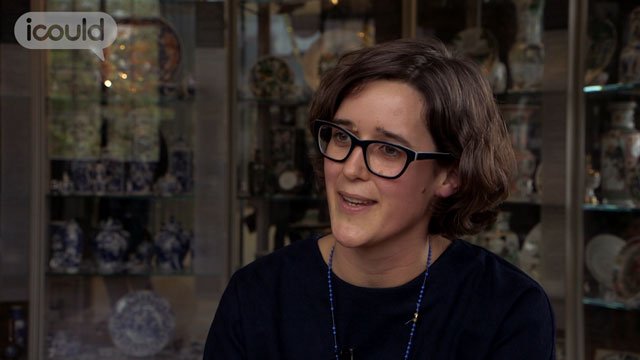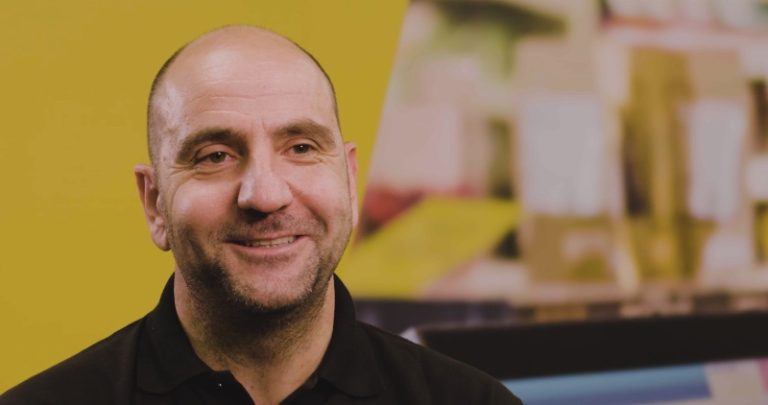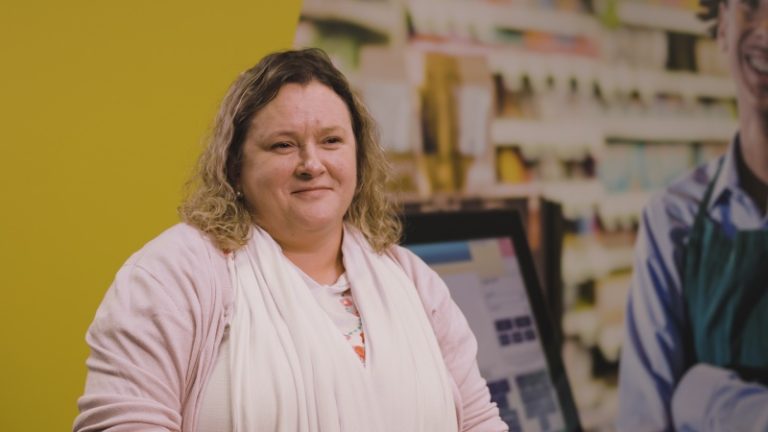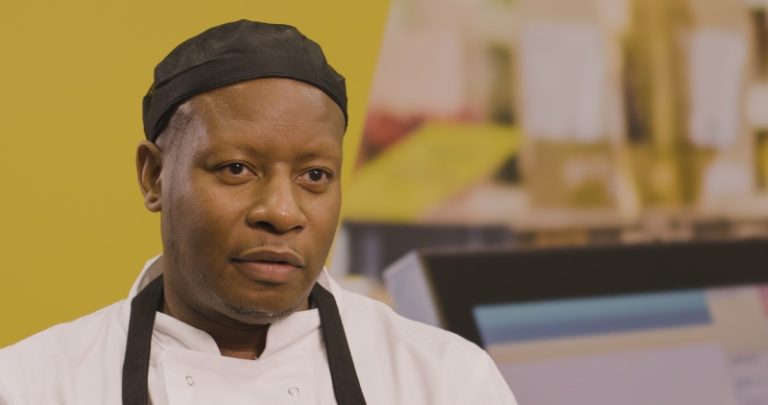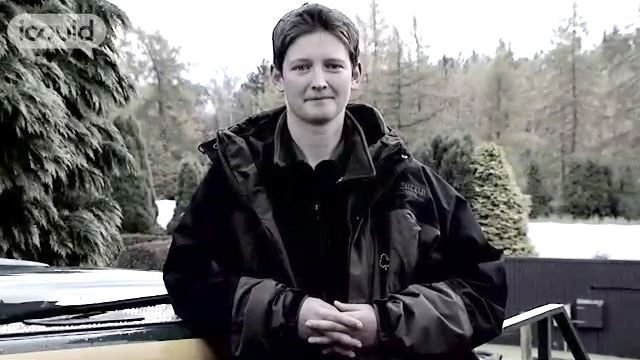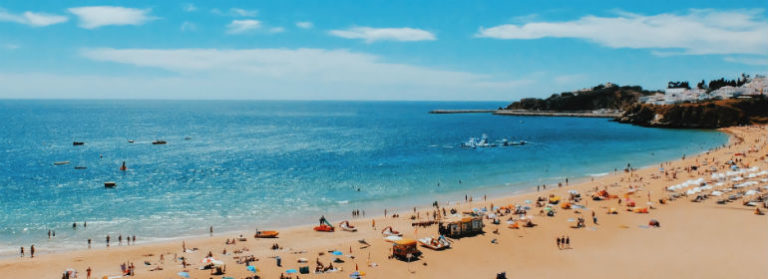Content Developer
The Science Museum
Holly C
00:00:02 I’m a Content Developer for the Antenna Science News Gallery at the Science Museum. So, I work in particular for the bit of museum that’s all about the latest cutting edge science and technology and I do lots of research and writing and interviewing people and basically doing everything that’s needed to put the whole exhibition together.
00:00:22 I didn’t enjoy my A levels. I think that was partly because, because I thought I might wanna do science at university. I took chemistry to support biology but I really I wasn’t that good at chemistry and I didn’t enjoy it. It made it quite difficult and I struggled quite a lot with it. So, at university I studied biology and when I went to university I kind of had it in my head that I was going to be a geneticist. My first math test at UNI, you had to do a math test to prove that you were kind of up to speed.
00:00:56 I got, I got five out of 50 the first time I did it and then they gave me a course of lectures and then I took it again and I got nine. So, I think I knew at that point maybe genetics was a bit of no go because I didn’t realize how maths related it was until I got to university. So, then after that I just did quite a broad degree in biology. So, I did lots of different stuff.
00:01:22 When I didn’t really know what kind of job I wanted to do and it’s was like coming towards the end of my degree, then you start getting a bit panicky about actually having to go out into the real world and earn some money. I kind of felt like I wanted to carry on with studying for a little bit. Yeah, and I did a bit of research and then I found there’s the masters course at the same university to do with how you communicate science to people and that sounded like, it just sounded like me. It just sounded like the things that I enjoy and the things that suit me. So I did that.
00:01:53 I did really enjoy it. It was really hard work. It was much harder than university had been and it was pretty harder than A-Levels had been. But I kinda knew I had to do it because I looked at the field and it’s so competitive that you really do have to have a qualification. But I really, really enjoyed it. So, as the course went on there’s a whole part of it which is really valuable, which actually I think is the most important part of the course in many ways, which was that you could do work experience somewhere.
00:02:18 And by that point I’d done a module in museums and I kind of thought, I’m really interested in that. It’s really, it’s kind of different. And so, I asked my tutor to set me up with a work experience placement here and I, I really enjoyed it and I kind of thought, yeah, I do. I would like to do this.
00:02:37 Quite soon afterwards I applied for that job, well, the job I’m doing now, and I didn’t get it, and it kind of made me realise that maybe needed a bit of work, proper work experience under my belt. So, I just looked around for something that would give me the right kind of experience. So, I went and got a job writing medical conferences. So, the kind of thing that doctors and nurses would go to to find out more about their particular area.
00:03:05 I was there for six months. If I could have left after a month I would have done but I needed the money and it was good. It was really good experience but completely not enjoyable. It was so boring I can’t even describe it. It doesn’t sound boring but it really was and it made me realise that if, my job is one thing, as long as it’s not boring I’ll be happy. And now, in my job which I do enjoy, whenever I have a bad day I think, at least it wasn’t boring and I look back and I can just remember literally being bored to tears and just, I’m pleased I don’t have a job like that.
00:03:40 Further down the line I mean, I really enjoy my job at the moment so I kind of envisage staying here for a little while and then I quite like the idea of going freelance. I know it’s the kind of job where you can do that. I really like the idea that, you know, as I get older, might have a family, whatever, I’ll be able to pick and choose when I do work and what I do. So, I quite like the idea of doing that when I’ve got enough experience. ENDS
Content Developer Holly enjoys creating exhibitions at the cutting edge of science and technology. Realising during A levels and her degree course that communicating science suited her more than straight chemistry or maths, Holly went on to study for her masters. A work placement at The Science Museum fueled her ambition to work there long term. In striving to achieve this goal Holly learnt valuable career lessons.
More information about Chartered architectural technologists, planning officers and consultants
The UK average salary is £29,813
There are 37.5 hours in the average working week
The UK workforce is 47% female and 53% male
Future employment
- Analyses information to establish the nature, extent, growth rate and likely development requirements of the area
- Examines and evaluates development proposals, consults statutory bodies and other interested parties to ensure that local interests are catered for and recommends acceptance, modification or rejection drafts and presents graphic and narrative plans affecting the use of public and private land, housing and transport facilities
- Develops construction project briefs and design programmes and advises clients on methods project procurement, environmental, regulatory, legal and contractual issues and assesses environmental impact
- Monitors compliance with design, statutory, and professional requirements, administers contracts and certification, carries out design stage risk assessments and manages health and safety
- Evaluates and advises on refurbishment, recycling and deconstruction of buildings
- Prepares designs, building plans and drawings for use by contracts and investigates proposed design with regard to practicality, cost and use
- Surveys land uses and prepares report for planning authority and issues development permits as authorised
- Liaises with engineers and building contractors regarding technical construction problems and attends site meetings, as the lead consultant or as part of the team.
- Provides expert advice on issues related to planning and development, including practical, regulatory, legal and statutory matters
- Chartered architectural technologists specialise in design, underpinned by building science, engineering and technology applied to architecture within projects.
